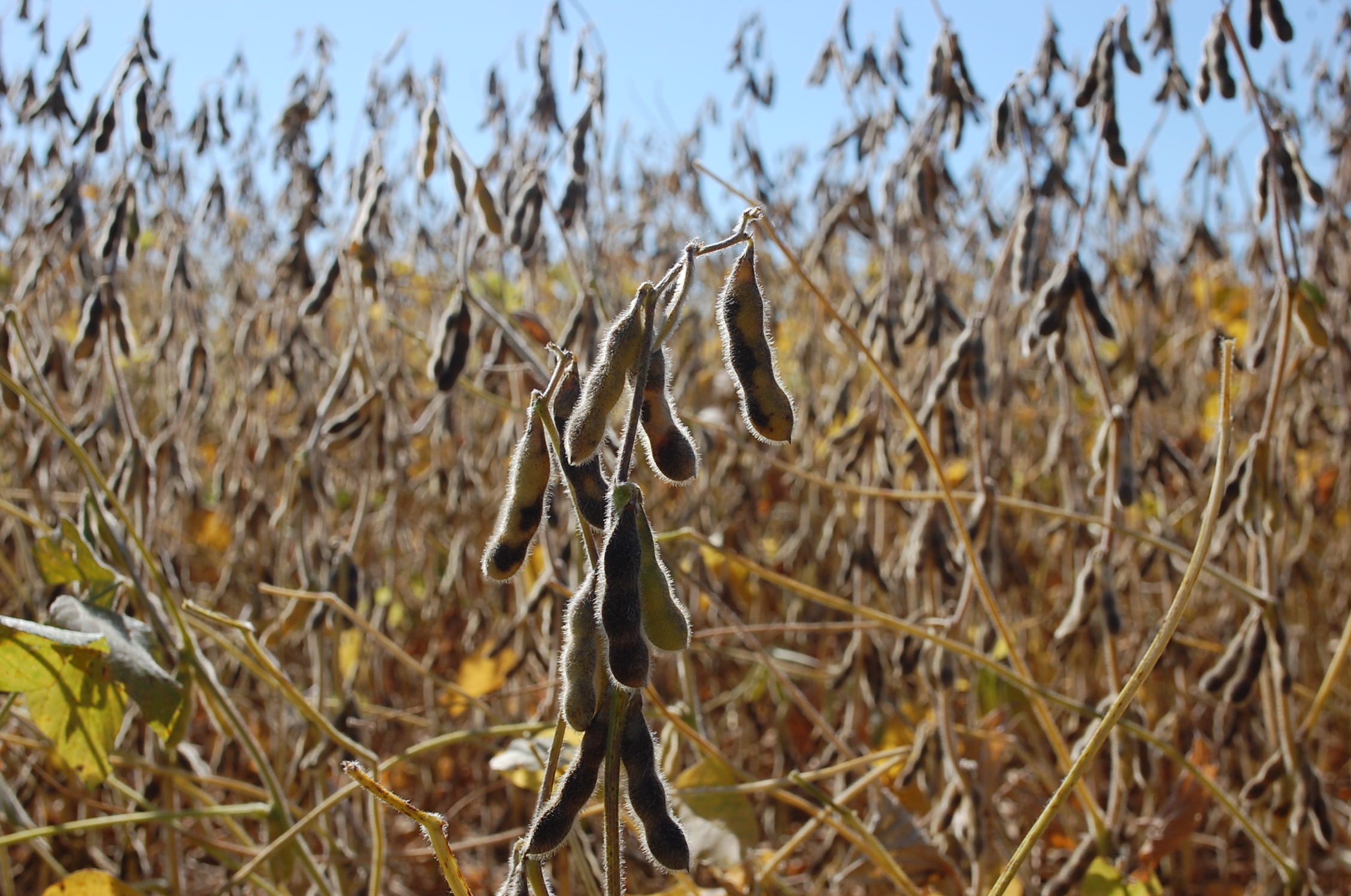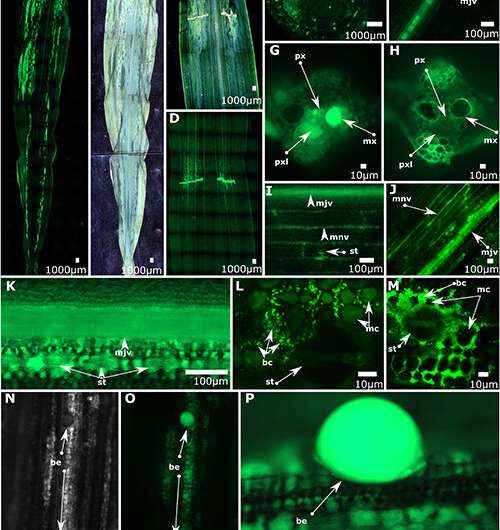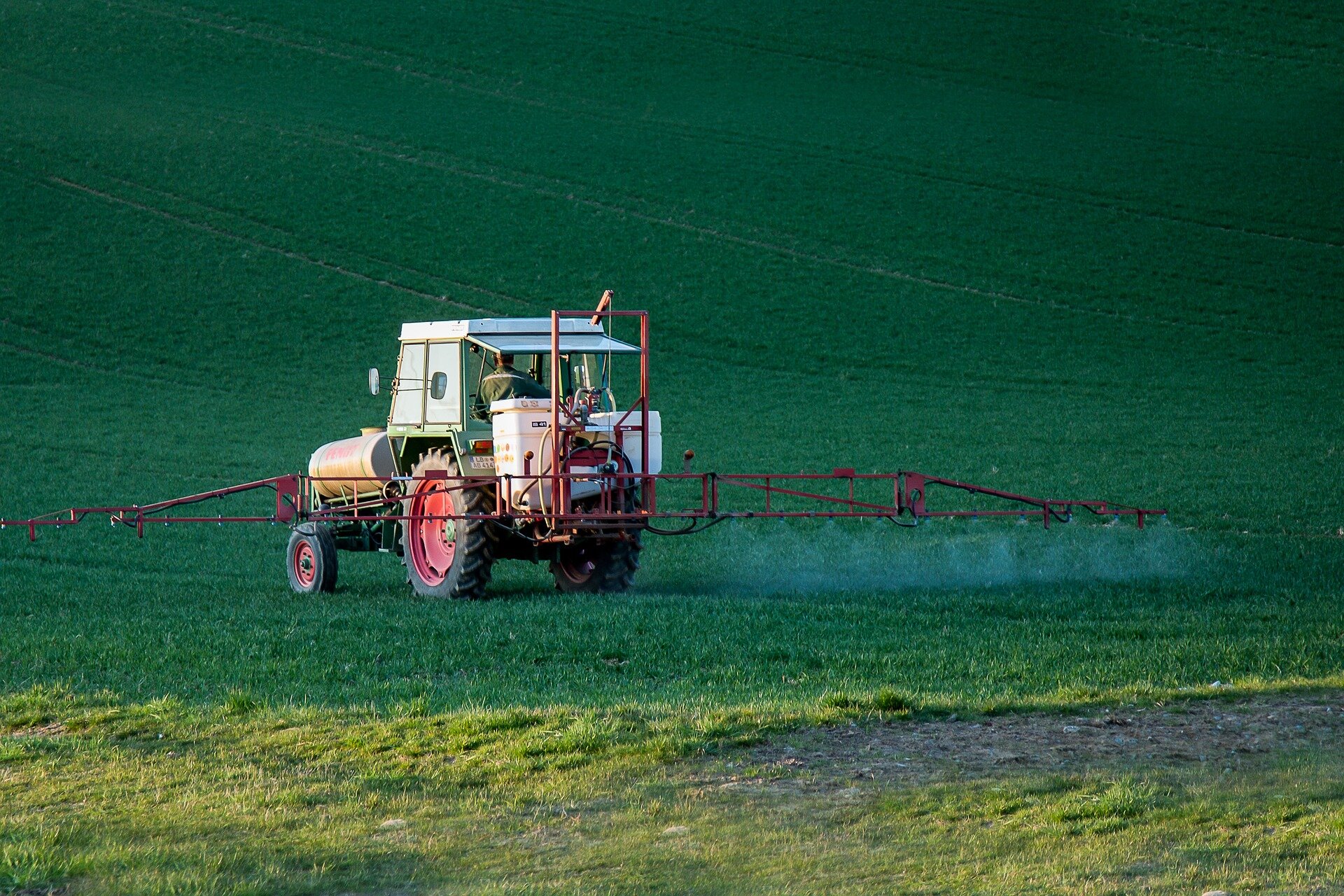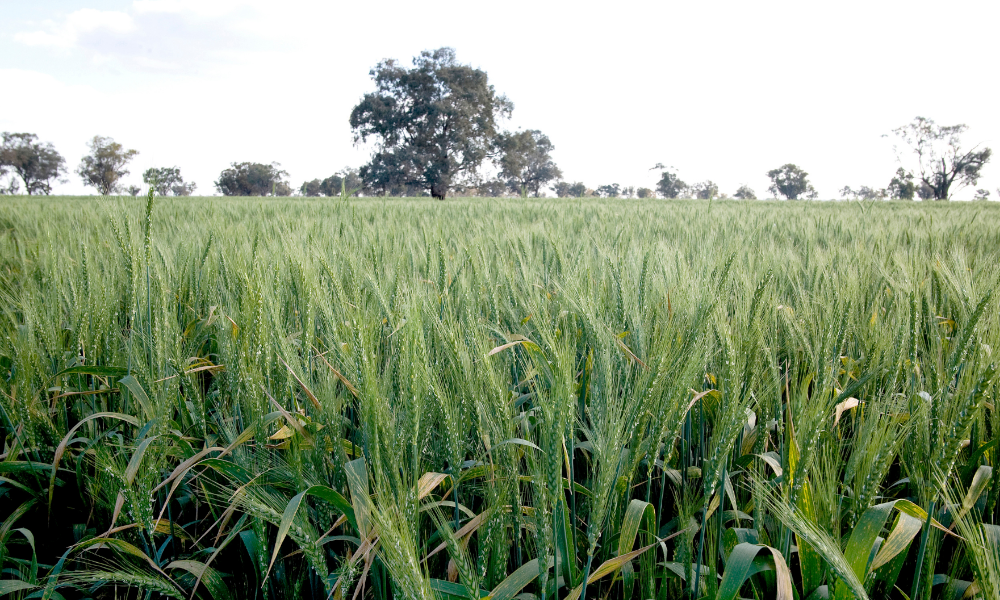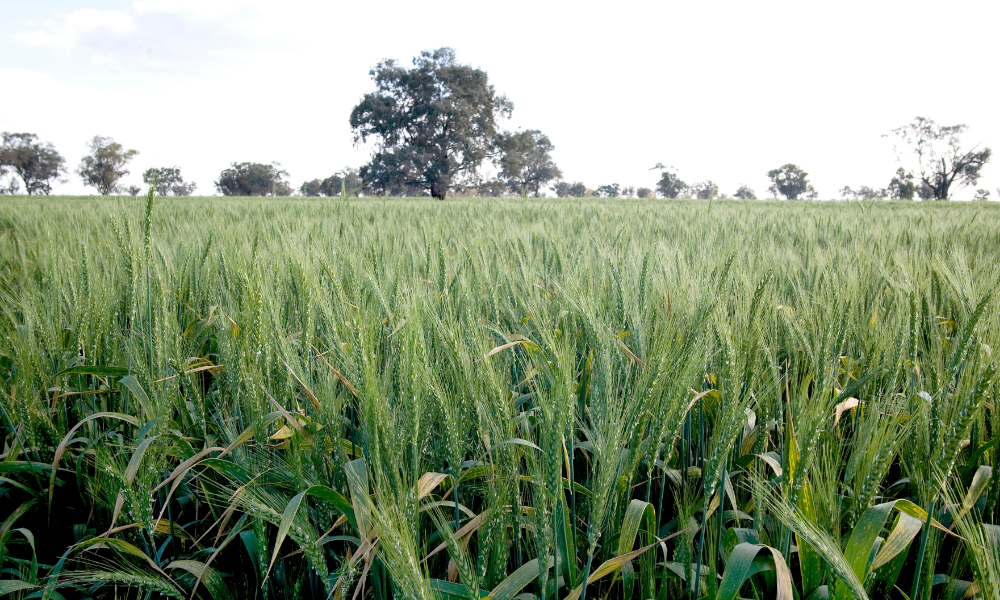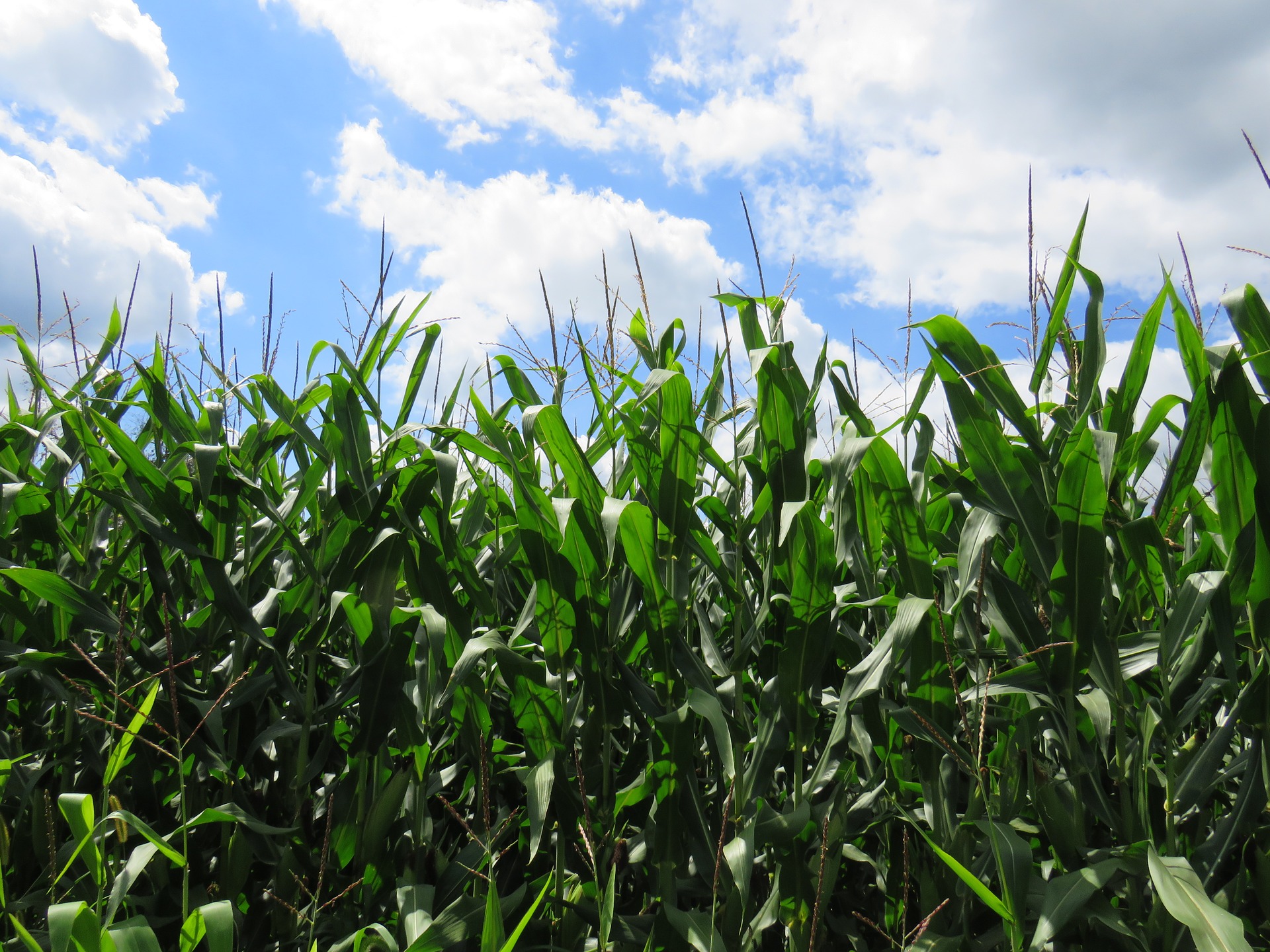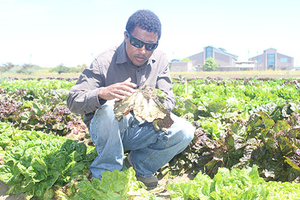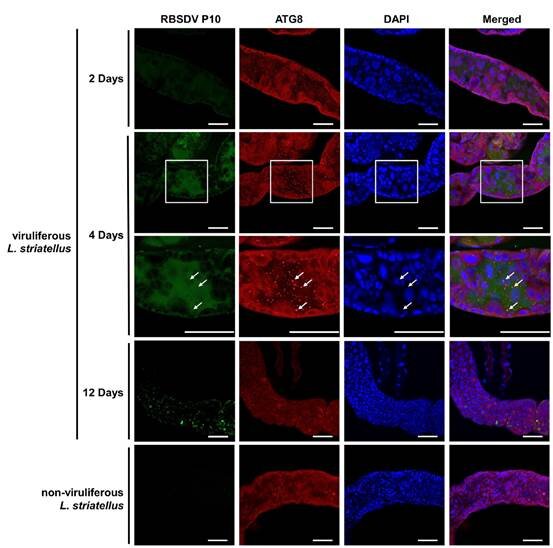 Nancy Kavazanjian
Nancy Kavazanjian
Topics: Soybeans, Plant Breeding,
Understand Breeding Priorities for Early Planted Soybean
The seed genetics, treatment and information provided to customers who plant soybeans early is different than traditional growers. This is because the crop is exposed to colder soils, diseases and other pests at a different time in the year.
-
(0)
-
Bookmark
- Comments (0)
 John LaRose Jr.
John LaRose Jr.
Topics: Corn/Maize, Precision AG , Agriculture Global, Crop Diseases, Research, Plant Breeding,
Bacteria enters through natural openings at edges of corn leaves to cause Goss's wilt- TechCodex
Bacterial colonization and movement. Credit: Alexander Mullens and Tiffany M. Jamann Goss’s bacterial wilt and leaf blight is one of the most damaging diseases affecting corn. The most effective way to control this disease is to plant corn varieties that are resistant to the disease. In other words, growers avoid the disease by growing certain […]
-
(0)
-
Bookmark
- Comments (0)
 John LaRose Jr.
John LaRose Jr.
Topics: Herbicides, Weeds, Agriculture US, Crop Consultant, Agriculture Global, Education U.S. MidWest, Plant Breeding,
Waterhemp goes off script to resist herbicides - My Droll
Credit: Pixabay/CC0 Public Domain Cementing waterhemp’s reputation as a hard-to-kill weed in corn and soybean production systems, University of Illinois researchers have now documented the weed deviating from standard detoxification strategies to resist an herbicide that has never been commercialized. The chemical in question, syncarpic acid-3 (SA3), is the great-great grandfather of the HPPD-inhibiting herbicide […]
-
(0)
-
Bookmark
- Comments (0)
 John LaRose Jr.
John LaRose Jr.
Topics: Precision AG , Agriculture Global, GMO's, Research, Genes /Genetics, Ag Australia/NZ, Plant Breeding, Food Security/Shortage,
Fast-forward breeding and rapid delivery systems for food security : Research for Agriculture
The University of Western Australia’s Institute of Agriculture has collaborated with international researchers to develop a roadmap to fast-forward breeding for accelerated crop improvement and rapid delivery systems, which will lead to a food-secure world. Two papers, recently published in Trends in Genetics and Nature Biotechnology, were the result of a Perth-based workshop organised by […]
-
(0)
-
Bookmark
- Comments (0)
 John LaRose Jr.
John LaRose Jr.
Topics: Agriculture Global, Food/Nutrition, Genes /Genetics, Plant Breeding, Food Security/Shortage,
Fast-forward breeding and rapid delivery systems for food security : Research for Agriculture
The University of Western Australia’s Institute of Agriculture has collaborated with international researchers to develop a roadmap to fast-forward breeding for accelerated crop improvement and rapid delivery systems, which will lead to a food-secure world. Two papers, recently published in Trends in Genetics and Nature Biotechnology, were the result of a Perth-based workshop organised by […]
-
(0)
-
Bookmark
- Comments (0)
 John LaRose Jr.
John LaRose Jr.
Topics: Crop Consultant, Agriculture Global, Sustainability, GMO's, Genes /Genetics, Ag Australia/NZ, Plant Breeding, Food Security/Shortage,
Fast-forward breeding and rapid delivery systems for food security : Research for Agriculture
The University of Western Australia’s Institute of Agriculture has collaborated with international researchers to develop a roadmap to fast-forward breeding for accelerated crop improvement and rapid delivery systems, which will lead to a food-secure world. Two papers, recently published in Trends in Genetics and Nature Biotechnology, were the result of a Perth-based workshop organised by […]
-
(0)
-
Bookmark
- Comments (0)
 John LaRose Jr.
John LaRose Jr.
Topics: Corn/Maize, Soil Health, Soybeans, Agriculture US, Crop Consultant, Education U.S. NorthEast, Agriculture Global, Ag Tech, Plant Breeding,
U.S. soybean, corn yields could be increased through use of machine learning | Penn State University
Research guided by a plant pathologist in the College of Agricultural Sciences suggests that machine-learning algorithms that are programmed to recognize changing weather patterns could show producers and agricultural managers how to increase soybean and corn yields in the United States.
-
(0)
-
Bookmark
- Comments (0)
 John LaRose Jr.
John LaRose Jr.
Topics: Vegetables, Crop Diseases, Research, Plant Breeding,
Stronger lettuce stems are a key part of disease resistance
Lettuce drop is a lettuce disease that results in browning or wilting of leaves, plant collapse, and death. The disease has not been well-researched, but a new study shows that a stronger stem increases resistance to lettuce drop.
-
(0)
-
Bookmark
- Comments (0)
 John LaRose Jr.
John LaRose Jr.
Topics: Soil Health, Agriculture Global, Research, Fertilizer, Genes /Genetics, Plant Breeding, Education, Weather,
How plants sense phosphate - NewsBreak
A new study by the University of Bonn and the Leibniz Institute of Plant Genetics and Crop Plant Research (IPK) in Gatersleben sheds light on the mechanism used by plants to monitor how much of the nutrient phosphate is available, and to decide when strategies to mobilize and take up more phosphate from the soil must be activated. The enzyme ITPK1 plays a key role in this process. The researchers were also able to show that a particular group of signaling molecules involved in phosphate sensing respond very sensitively to phosphate and that this regulation takes place not only in plants but also in human cells. In the long term, the results could lead to the breeding of new crop varieties that require less phosphate fertilizer. The final version of the study has now been published in the journal Molecular Plant.
-
(0)
-
Bookmark
- Comments (0)
 John LaRose Jr.
John LaRose Jr.
Topics: Rice, Precision AG , Crop Consultant, Agriculture Global, Sustainability, Research, World Hunger, Plant Breeding, Education,
Scientists Discover The Molecular Mechanism Of Black-streaked Dwarf Virus In Rice - Newspostwall
Rice viruses are prevalent in many rice-growing countries and often cause serious damages to rice production. Among them, the rice black-streaked dwarf virus
-
(0)
-
Bookmark
- Comments (0)


